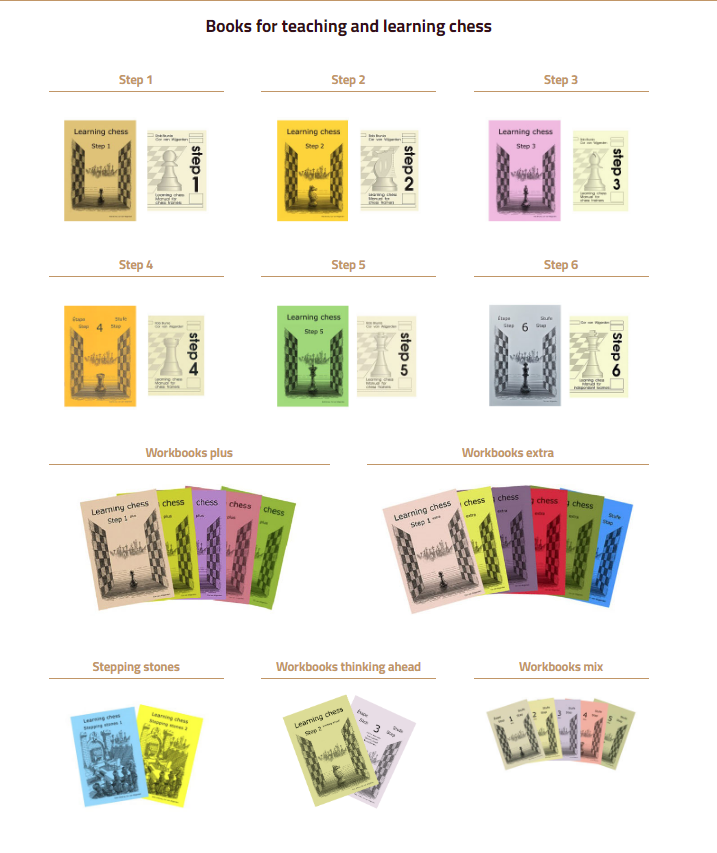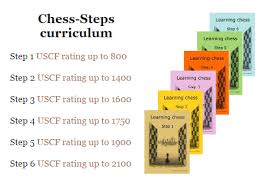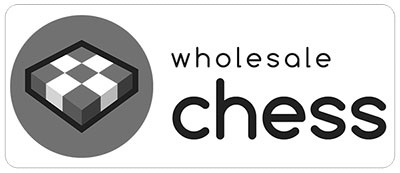I have studied many curriculum before I settled on to the Steps method. My research guideline is:
- progressive training (sometimes can even self-study for a mature student)
- complete knowledge system
- transparent and transferable skill set (parents and students know their levels precisely, and can move to another chess teacher with minimum explanation). Most chess schools have Novice, Beginner, Intermediate, and Advanced. These labels have big difference from school to school. A teacher can never be sure what the new student had learned from previous school.
- Enough exercises for each topics. This is very important. Chess is not just theory. You need practice. Other than tournaments, the best practice is puzzles. The good curriculum should equipped with enough puzzles for teacher to choose as homework assignment. I assign 3 pages a week (12 problems per page).
There are two official website, the Netherlands one:
https://www.stappenmethode.nl/en/
and the USA one:
https://www.chess-steps.com/home.php
The whole system is like this:
For marketing purpose (to sell more books), some rating suggestion are published like these.
Stepping Stone: for K-1 (age 5-6) total beginners
Step 1: suggested USCF rating < 300
Step 2: suggested USCF rating: 300 - 800
Step 3: suggested USCF rating: 700 - 1200
Step 4: suggested USCF rating: 1000 - 1500
Step 5: suggested USCF rating: 1250 - 1750
After 3 or 4 years of training with proper tournament play, our students should reach the advanced/club player level (USCF class C, 1400-1600). The best students can definitely achieve more and faster.
There are some articles about Steps method:
https://chessbookreviews.wordpress.com/2014/11/16/the-chess-steps/
https://www.chesslife.com.au/exclusive-interview-with-creator-of-step-by-step-method/





 RSS Feed
RSS Feed